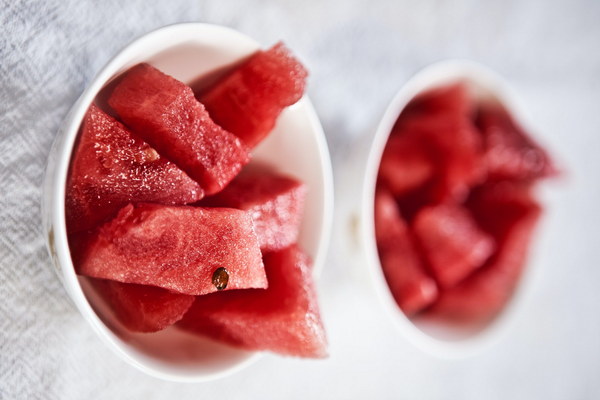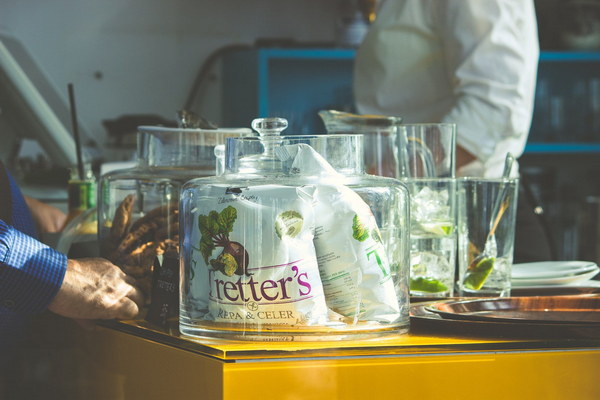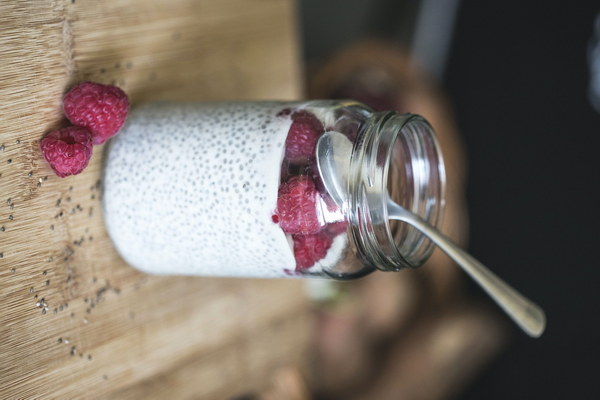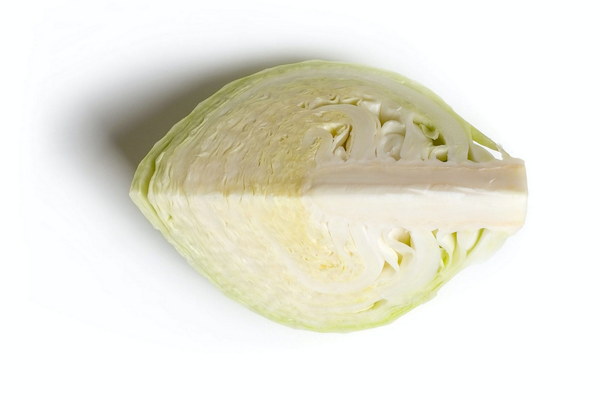Busting the Myth Does Food Really Clear Your Lungs
In recent years, there has been a growing trend of believers who swear by the idea that certain foods can help clear the lungs and improve respiratory health. From herbal teas to specific fruits and vegetables, the list of lung-cleansing foods is as varied as it is compelling. However, the question remains: is this belief grounded in scientific fact, or is it just another myth?
The concept of food as a therapeutic agent for lung health is not entirely unfounded. There are indeed certain nutrients and compounds found in foods that can support respiratory function. For example, antioxidants such as vitamin C, vitamin E, and beta-carotene can help reduce inflammation and protect against oxidative stress, which is thought to contribute to lung conditions like asthma and chronic obstructive pulmonary disease (COPD).

However, the idea that specific foods can clear the lungs is a bit more fanciful. The lungs are complex organs that are affected by a multitude of factors, including genetics, environmental exposure, and lifestyle choices. While eating a balanced diet rich in vitamins, minerals, and antioxidants can undoubtedly support overall health, there's no evidence to suggest that certain foods can directly clear mucus or improve lung function in the way many people believe.
Let's delve into some of the commonly cited lung-cleansing foods and the reality behind their supposed benefits:
1. Garlic: Garlic is often praised for its immune-boosting properties. While it may help to strengthen the immune system, there's no concrete evidence that it can clear the lungs.
2. Honey: Honey has been used traditionally to soothe sore throats and coughs. While it may provide some relief for respiratory symptoms, it doesn't have a direct impact on lung function.
3. Ginger: Ginger is known for its anti-inflammatory properties. While it may help reduce inflammation in the body, it is not a magic bullet for clearing the lungs.
4. Herbal Teas: Certain herbal teas, such as green tea, echinacea, and ginger tea, are often consumed for their health benefits. While these teas can contribute to a healthy lifestyle, they are not specifically designed to clear the lungs.
5. Leafy Greens: Leafy greens like kale, spinach, and broccoli are rich in antioxidants and can support lung health by providing essential nutrients. However, they are not a cure-all for lung conditions.
It's important to understand that the lungs are self-cleaning organs that rely on the body's natural defenses to expel mucus and debris. When we breathe, tiny hair-like structures called cilia move in a coordinated manner to trap and push out particles that enter the lungs. While certain foods can support this process by providing the nutrients necessary for optimal health, they do not have the power to actively clean the lungs.
Moreover, the idea of food as a cure for lung conditions can sometimes be misleading. People with respiratory issues may seek out these foods in the hope of finding relief, only to be disappointed when their symptoms don't improve. It's crucial for individuals with lung conditions to work with healthcare professionals to develop a comprehensive treatment plan that includes medication, lifestyle changes, and, if appropriate, nutritional support.
In conclusion, while certain foods can contribute to overall health and potentially support respiratory function, there is no scientific evidence to support the claim that they can directly clear the lungs. It's essential to maintain a balanced diet and a healthy lifestyle, but when it comes to respiratory health, it's the cumulative effect of multiple factors that matters most. So, while your diet may not be able to clear your lungs, it can most certainly play a significant role in keeping them healthy.









